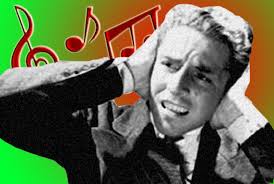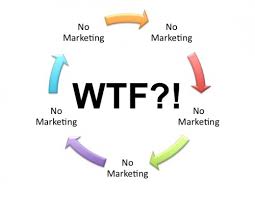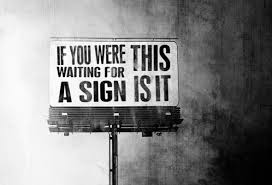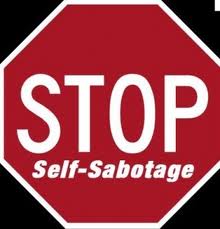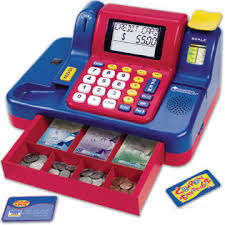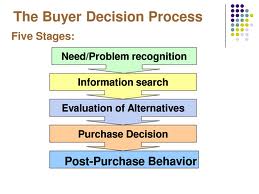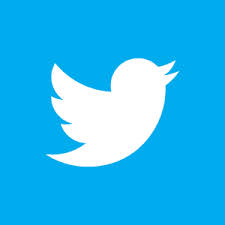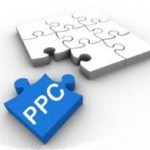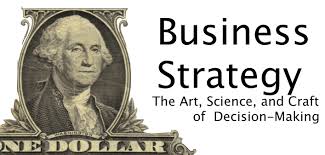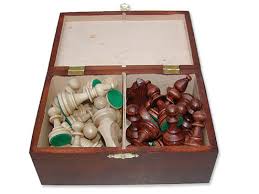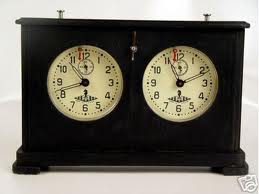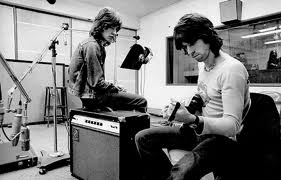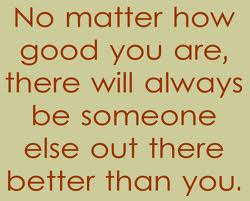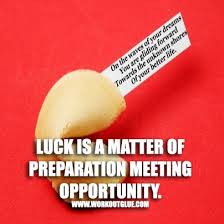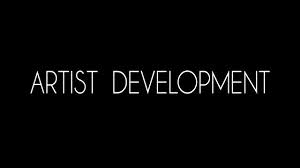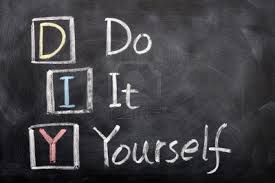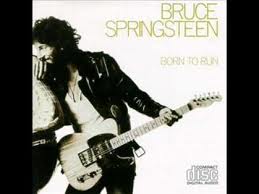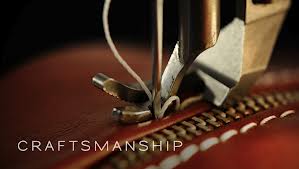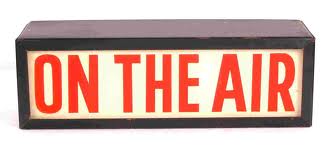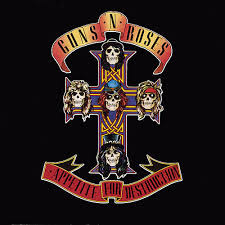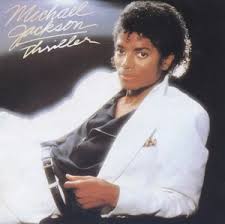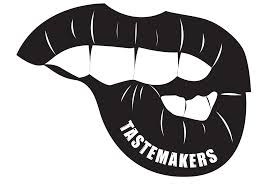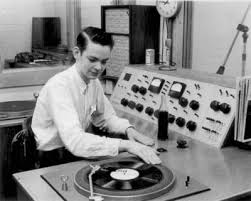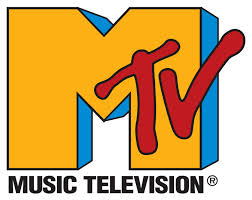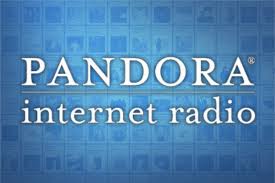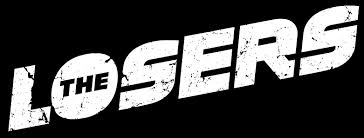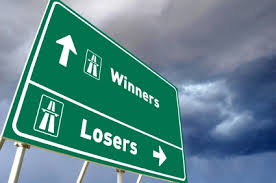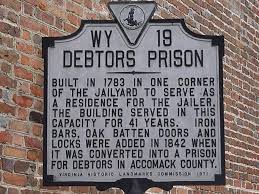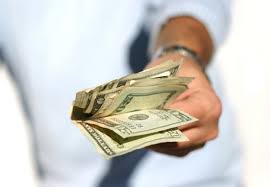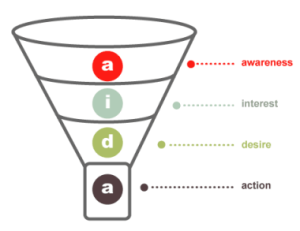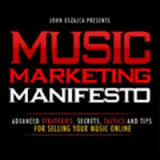By Johnny Dwinell
Pandora Blows. Oh…and they certainly don’t give a shit about you. Not for one second.
Pink Floyd Blasts Pandora
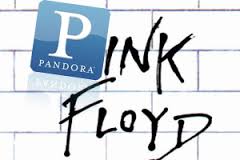
Pink Floyd wrote an op-ed piece in USA Today blasting Pandora and their douche-bag CEO Tim Westergren for essentially tricking musicians into signing a petition disguised as “a letter of support” for internet radio that was REALLY about slashing musician royalty rates by 85%. Read it HERE
 I initially read about it HERE in Digital Music News. Btw, if you intend to make a living in the music business, you’re a moron if you don’t subscribe to this magazine. Someone has to at least attempt to keep their eye on the moving target.
I initially read about it HERE in Digital Music News. Btw, if you intend to make a living in the music business, you’re a moron if you don’t subscribe to this magazine. Someone has to at least attempt to keep their eye on the moving target.
So, we have to get educated on this people. The world is changing; fast. Ultimately for the better with regards to the music industry as it relates to indie artists, but we can’t let the freakin’ wolves guard the henhouse any longer.
You can thank Sean Parker and Steve Jobs. Yes, I mean thank them. Thank them for actually making it unbelievably easier to make a living in the NEW music business. Right after you thank Sean you can kick him in the balls for stealing the music and making it worthless in the marketplace, well, at least he won, right? He’s rich at our expense; stealing is stealing and Parker is SHADY. What he did do was prove to the world that digital music was happening right now and put the train on the tracks in a very public way for digital distribution; which is mission critical to our survival as indie musicians. Digital distribution creates real revenue.
Steve Jobs put it all together in a neat little amazing package and got the artists PAID. Steve Jobs believed in artists and liberal arts. Kelly and I just listened to his biography on a long drive home from a WI visit. The reinvention of Apple was based on the intersection of art and technology; around CREATIVES and CREATION.
Eventually the dust will settle on some pretty great new soon-to-be VERY popular delivery methods of music; new and old. Until then, the shakedown will continue. We will continue to have companies who come in and exploit musicians by making millions on their music and paying NOTHING in return.
This is not news. It’s been going on for decades.
Record labels have done it. Terrestrial radio has done it, MTV did it, Sean Parker and Napster did it, and now Pandora, Spotify, and a host of other companies are doing it; doing it to us.
The essence of the Pandora shakedown is to convince our Government that they are paying too much money to license your music, which generates all their revenue; thus,
Pandora can’t be profitable!
But here’s the rub for us. This is really important y’all. THINK ABOUT THIS.
Ubiquity is gone. Get over it.
Sadly, the days of the Rockstar are gone. You really have to get over it! If you are truly over the dream of becoming rich and famous as an artist you will damn sure be paying more attention to what is going on right now with your future revenue so you can at least get paid!
As we now have literally thousands of immediately accessible internet storefronts from which to be exposed to and ultimately consume music (although the “exposure” comes in the form of shitateous algorithms made by techies that are as effective as screen doors on a submarine…I mean “if you like this then you will like this”..WTF, whenever someone figures out that 99% of music consumers don’t have time to search for new music, they just want to be EXPOSED to GOOD music, the world will be a better place; and someone will be super rich. But I digress) the market place is fragmented.
When it’s this fragmented the BIG exposure business model disintegrates and the marketplace descends down into lots of little profit centers. We have already seen it happen with television. In 1979 there were 3 stations. The US  population in 1980 was 226 Million people that 3 networks divided up between them; this is the definition of ubiquitous. If you were lucky enough to be, say Farrah Fawcett, on a hit TV show in the 70’s you were HUGE. You were FAMOUS. You were RICH. Everyone knew who you were, what else were they gonna watch? You had a 33% chance of viewership; that’s freaking huge! Nowadays, if you are a star on TV you just don’t have that kind of exposure because there are 500 channels. Therefore you can’t possibly be as famous. Make sense? You can’t possibly be as huge. It’s impossible to be ubiquitous.
population in 1980 was 226 Million people that 3 networks divided up between them; this is the definition of ubiquitous. If you were lucky enough to be, say Farrah Fawcett, on a hit TV show in the 70’s you were HUGE. You were FAMOUS. You were RICH. Everyone knew who you were, what else were they gonna watch? You had a 33% chance of viewership; that’s freaking huge! Nowadays, if you are a star on TV you just don’t have that kind of exposure because there are 500 channels. Therefore you can’t possibly be as famous. Make sense? You can’t possibly be as huge. It’s impossible to be ubiquitous.
So what DO we have?
We have clicks.
We have tribes.
We have cult followings that REAL GOOD content attracts.
Did you hear that? We have tribes, clicks, and cults, oh my. You are exposed to the actors from the shows you like but you are completely unaware of actors on shows that you do not watch because there is just too much content to be able to keep track of 10% of it all, and have a life.
Back to ubiquitous. In the 70’s, if you didn’t watch Farrah (or any TV star because you preferred a competing program in the time slot) YOU KNEW WHO SHE WAS, because your friends were talking about her. Everyone knew ALL the TV stars then whether they watched the shows or not. Remember Battle of the Network Stars?? They had all the biggies on one competition show and it got great ratings! Now we don’t, there are just too many shows and too many actors to keep track of; too much noise on the radar screen.
So goes the music business. Get it?
The thing is, TV actors get paid. All 500 TV networks understand that the actors are going to get paid so they can create interesting content that they can broadcast to generate advertising revenue.
Tim Westergren wants to make sure that doesn’t happen to you. He wants your money. He wants to literally take the food off your plate, man.
You are not going to be famous.
But you can make a living. As long as you don’t allow assholes like Tim Westergren to screw you out of the revenue he creates from YOUR hard work!
If you wanna be famous, be crazy on a reality TV show, it’s a long shot but far better odds than getting famous in the music business. Please, do that, and leave the music business to people who really have talent and NEED to create to keep from climbing a tower with a gun. It belongs to us, and eventually this new business model will weed out the wankers and the posers.
US Terrestrial Radio Stations Do Not Pay Mechanicals
This is why this article is so important. You cannot trust the Government to think for us no matter which side of the isle you sit on. They gave terrestrial radio a pass on mechanical royalties back in the 40’s; we songwriters and musicians paid for that. How important were the mechanicals? Here’s a great example. Remember the 80’s band Kix? The bass player wrote all the songs for that band. They had a triple platinum record, lived the Rockstar lifestyle, but the bass player was the only one that got paid because he was the writer; the rest of the band made $400 week…no mechanical royalties were paid by radio. Due to the fact that the US terrestrial radio stations don’t pay mechanicals royalties and European terrestrial radio does, American artists DO NOT get paid mechanical royalties from European radio spins simply because we do not pay European artists mechanical royalties. See how huge this decision was?
Our Government gave MTV a pass on ALL royalties until they were operating “in the black” which magically never happened; we musicians paid for that too (although MTV really did have the power to break a band wide open, huh?). MTV was so ubiquitous, it made the non-payment of royalties worthwhile, but still…they build a whole network on just music back in 1980 and didn’t pay a dime for it.
Now here is another really important fact. MTV was so POWERFUL that they single handedly broke Guns & Roses. You know the story, 1 spin of “Sweet Child ‘o’ Mine” at 3am on a Saturday morning and BOOM, the phones blew up! Heavy rotation followed and they were huge; Guns & Roses was saved by MTV. Would have never happened without MTV because as you may or may not know, the Appetite For Destruction record had been out for a year at that point; the band was over. Believe me the labels all quietly argued that MTV should pay royalties but didn’t want to piss anyone off over there because they were so ubiquitous; they had the power to seriously launch band up to the stratosphere. MTV’s argument to the government included “New Technology” and “Massive Exposure” components as they spun a tale of how important these things would ultimately be to the music industry. MTV was right. They were that important.
Paul Westergren (aka “Fuckface Von Shitstick”) is making the same argument with the Government that MTV did. He is working the “New Technology” argument, and the “exposure” argument. MTV was exposure. Pandora is a cacophony of noise on the radar screen that exposes nobody. You really have to be looking for a song to get to it. This is not exposure; it’s distribution. Westergren really believes that the search algorithms which allow people to “discover” new music based on what they are currently listening to is exposure. It isn’t. How long has Pandora been around? Which bands EXACTLY broke to worldwide success by being played on Pandora? Come on, name ONE!!! I sure as hell can’t and I’m in the business. So they suck, plain and simple; there is no exposure. Pandora is essentially providing a huge haystack for artists to hide their proverbial needle and calling it important because it’s possible to be heard there. Ugh.
Isn’t it already quite clear that if we are not paying attention to this next congressional episode headed up by Tim 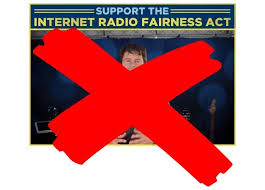 Westergren for Pandora, the Government will do the same thing; cave to big money. How the fuck can you really sell music for a living and go to the Government and tell them that you pay too much for the products you sell and ask THEM to change the rules? How about CHANGE THE BUSINESS MODEL!
Westergren for Pandora, the Government will do the same thing; cave to big money. How the fuck can you really sell music for a living and go to the Government and tell them that you pay too much for the products you sell and ask THEM to change the rules? How about CHANGE THE BUSINESS MODEL!
How is this different than TV manufacturers saying “we can’t make a profit on flat screens so you need to tell the parts makers we are cutting their pricing by 85%”?
How is this different than your boss going to the Government and saying “I’m paying too much for labor, so I need you to mandate a wage cut of 85% so I can make more money”?
How is this even the Government’s problem?
HOW IS THIS EVEN ON THE TABLE FOR DISCUSSION??
I mean, Pandora has literally doubled their subscribership in the last 2 years but 70% of their subscribers become ghosts. Again, I reiterate, NO EXPOSURE.
Pandora is a hustle, a farce. Why?
No new bands will break worldwide as a result of the “worldwide exposure” Pandora is giving them. So the whole business will die with the old music that creates the traffic which in turn pays the advertising revenue. Why else would all the executives immediately exercise their options and sell them?
European radio stations pay writers royalties AND mechanical royalties and manage to make a living and keep the businesses going for decades. The business model of profiting off of creative’s while the creative’s get paid is not a fantasy. It happens every day, just not here in America.
Steve Jobs managed to put together a new platform that pays royalties to artists and writers AND make a profit.
So I would like to say this to Tim Westergren: STFU
[ois skin=”Bottom Post”]

 Professionals Artists Don’t – Sit at home waiting for the one big break to make them feel professional. They are constantly working because they realize that when the one big break comes they will need a catalog of work to capitalize on the momentum.
Professionals Artists Don’t – Sit at home waiting for the one big break to make them feel professional. They are constantly working because they realize that when the one big break comes they will need a catalog of work to capitalize on the momentum.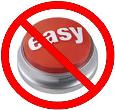 their asses off.
their asses off.


